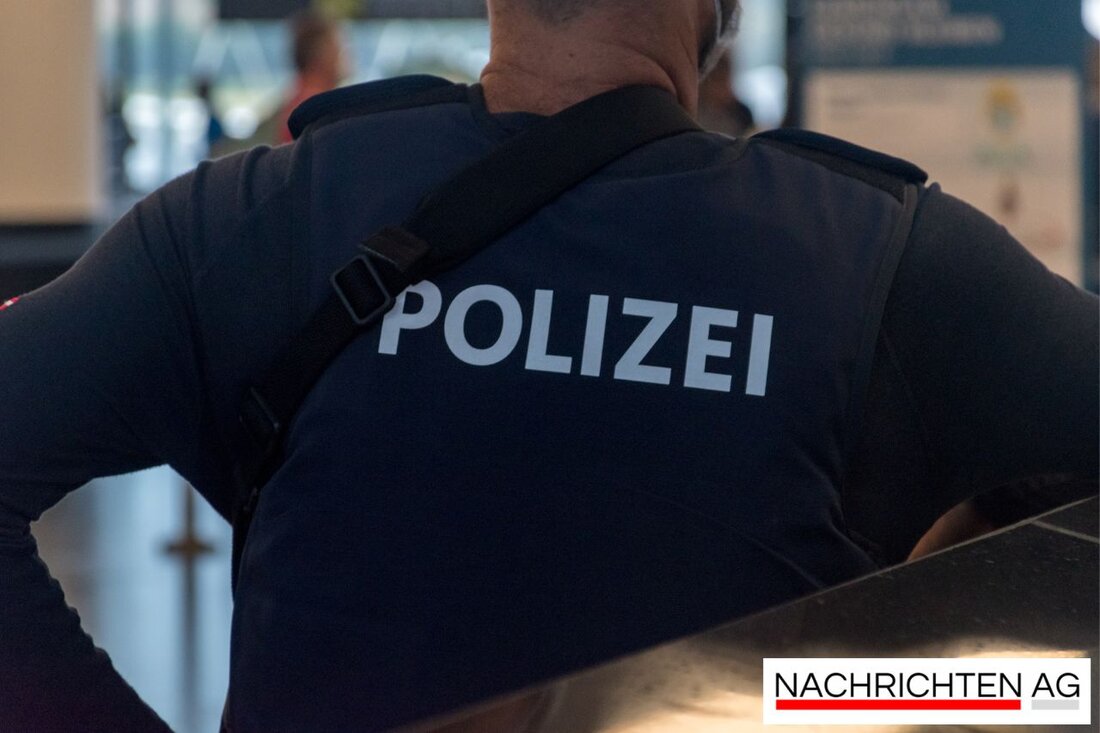Berlin's police receive stricter powers: video surveillance in focus!
On November 6th, 2025, Berlin will discuss an amendment to the police law to increase security powers and video surveillance.

Berlin's police receive stricter powers: video surveillance in focus!
A comprehensive amendment to the General Security and Order Act (ASOG) is currently being discussed in the Berlin House of Representatives, which is intended to fundamentally change police law in the capital. The ASOG, which has been in force for around 50 years, regulates the powers of the police and is now the focus of intense debate. The CDU-SPD coalition argues that the tightening measures are necessary to better prepare the police for the growing threats from crime and terrorist attacks. Burkard Dregger, domestic policy spokesman for the CDU, emphasizes that adapting legal powers to the current dangerous situation is essential and describes the planned changes as urgently needed.
At around 750 pages, the amendment is enormous and was discussed for the first time in the plenary session of the state parliament. Interior Senator Iris Spranger (SPD) states that this is the most extensive modernization of the ASOG that has ever taken place. The bill is scheduled for adoption in 2025 and is intended to optimize police work through technical innovations. The CDU interior expert Dregger speaks of a “quantum leap” and one of the most important bills in the history of the House of Representatives, which illustrates the scope of the changes.
New powers for the police
The planned legal adjustments are intended to give the police more extensive powers. Video surveillance is permitted in crime-prone places such as Alexanderplatz and Görlitzer Park. In addition, surveillance cameras of the Berlin public transport company will in future be allowed to keep recordings for 72 hours instead of deleting them after 48 hours as before. Another central point is source telecommunications monitoring (TKÜ), which allows the police to monitor encrypted messages via messenger services such as WhatsApp and Telegram. These measures aim to improve the defense against organized crime and terrorism.
In addition, planned online searches of laptops are planned to prevent terrorist crimes. However, the Senator for the Interior emphasizes that despite these measures, the protection of fundamental rights should be preserved and a court reservation is provided. While the coalition sees the new regulations as an improvement in the protection of citizens, the reform is heavily criticized in the political debate.
Criticism from the opposition
The Green group describes the draft law as a “wish list for a surveillance state” and expresses concerns that the measures will actually lead to more security. The Left also criticizes the government coalition for the desired level of surveillance and questions the necessity of such restrictive measures. The AfD, in turn, accuses the black-red coalition of symbolic politics and doubts that violent crime in Berlin will actually change as a result of the amendment.
The debate about the police law is a reflection of the difficult balance between security and freedom that must be constantly re-examined in today's society. It remains to be seen to what extent the planned measures will lead to a real improvement in the security situation in Berlin.

 Suche
Suche
 Mein Konto
Mein Konto
